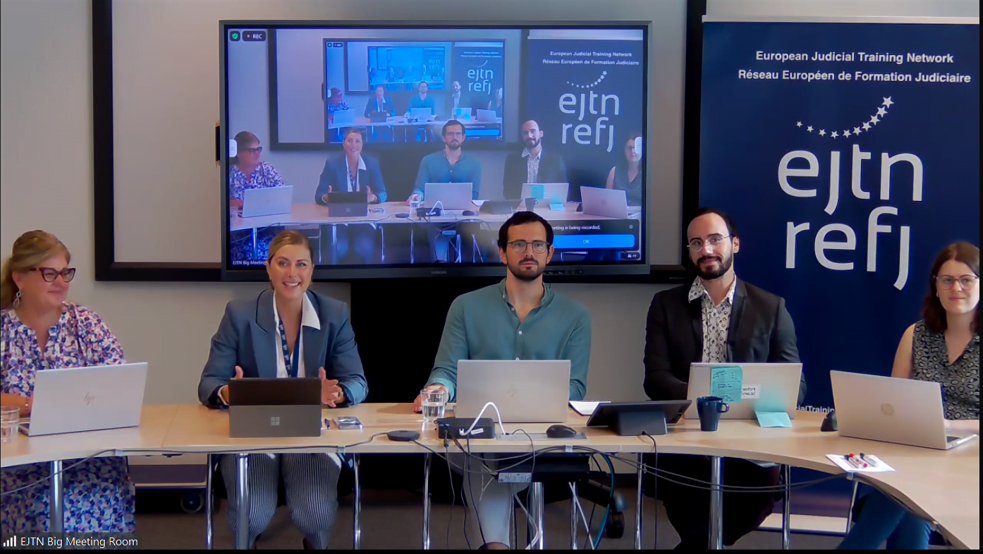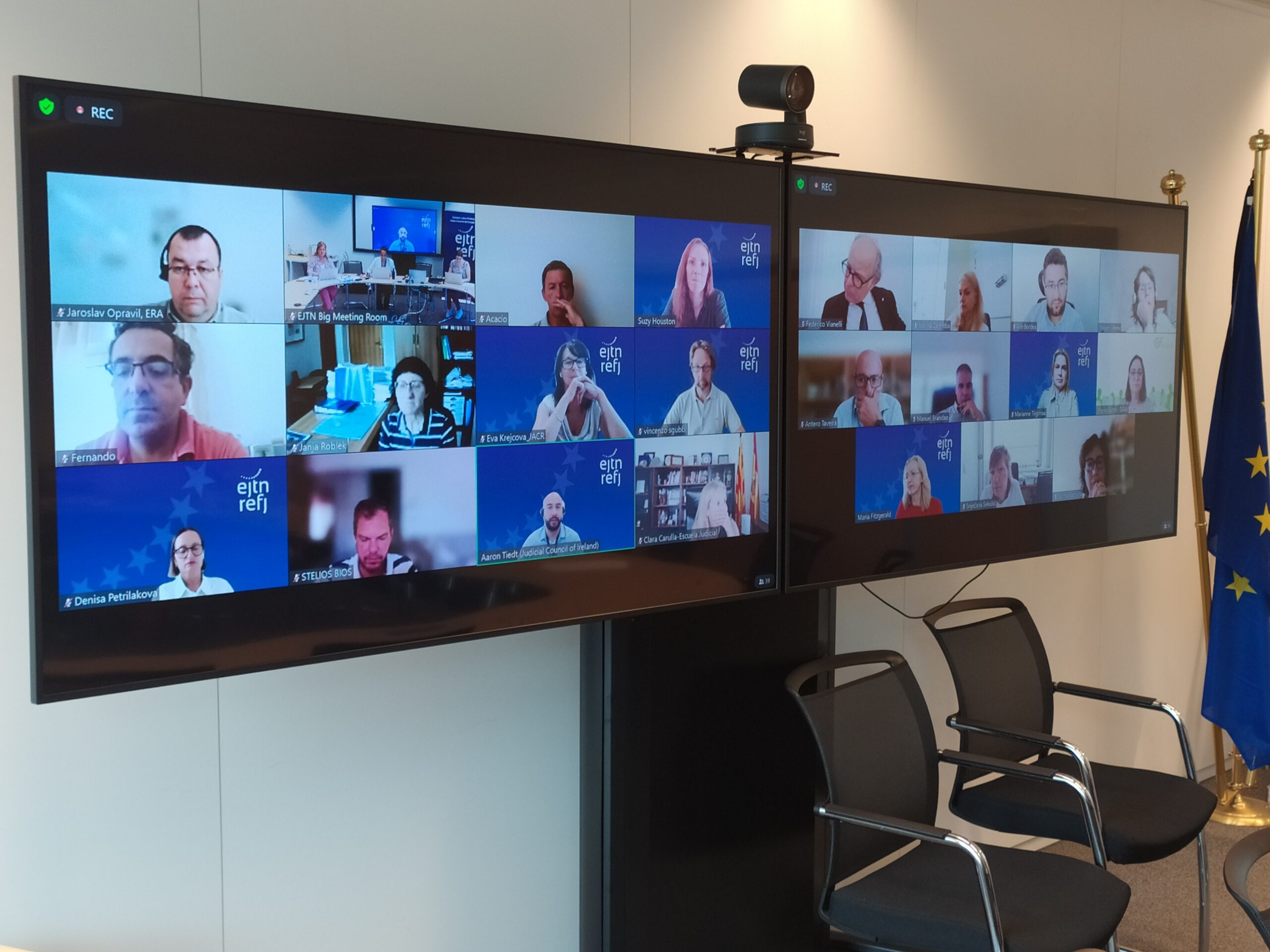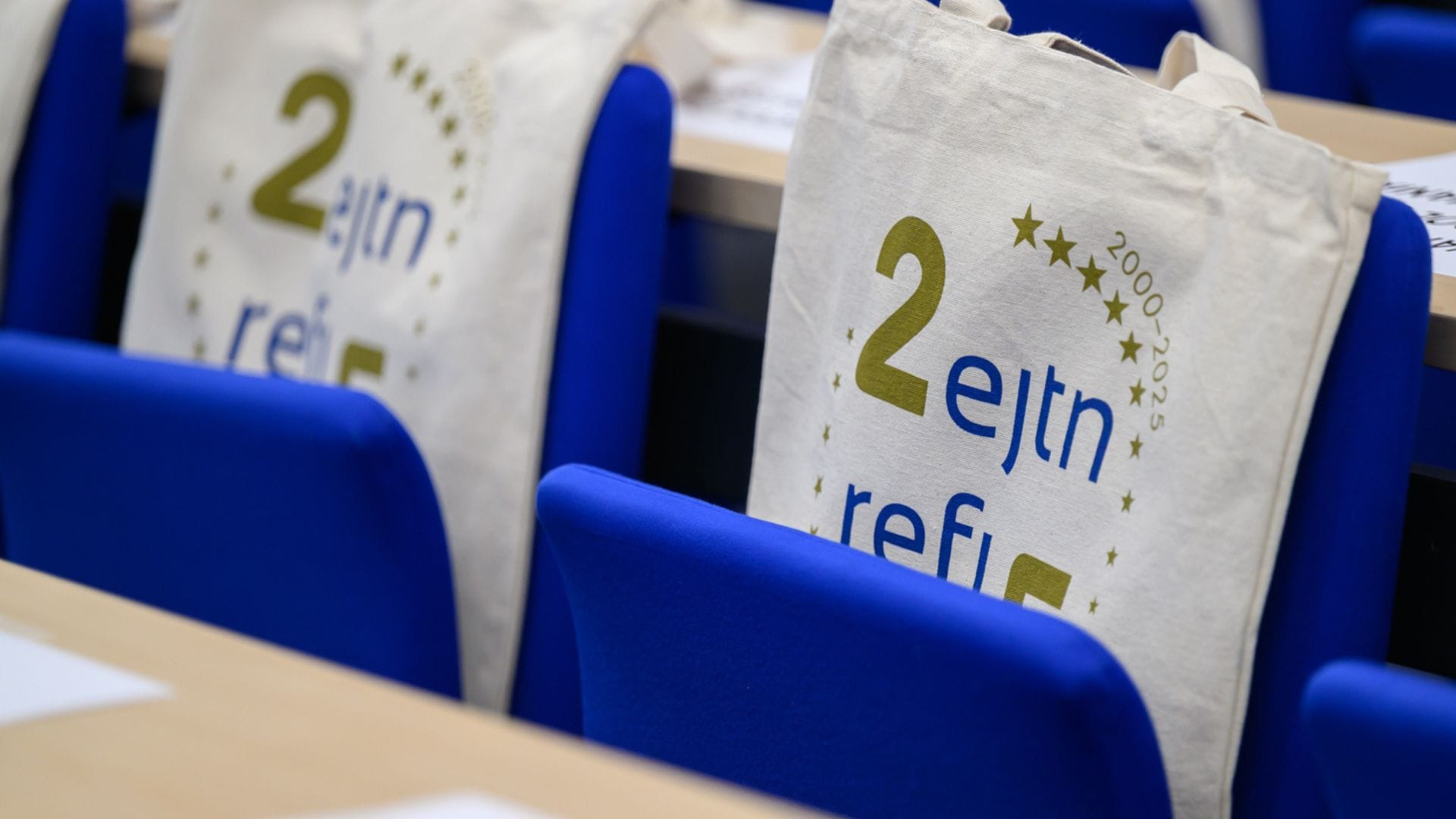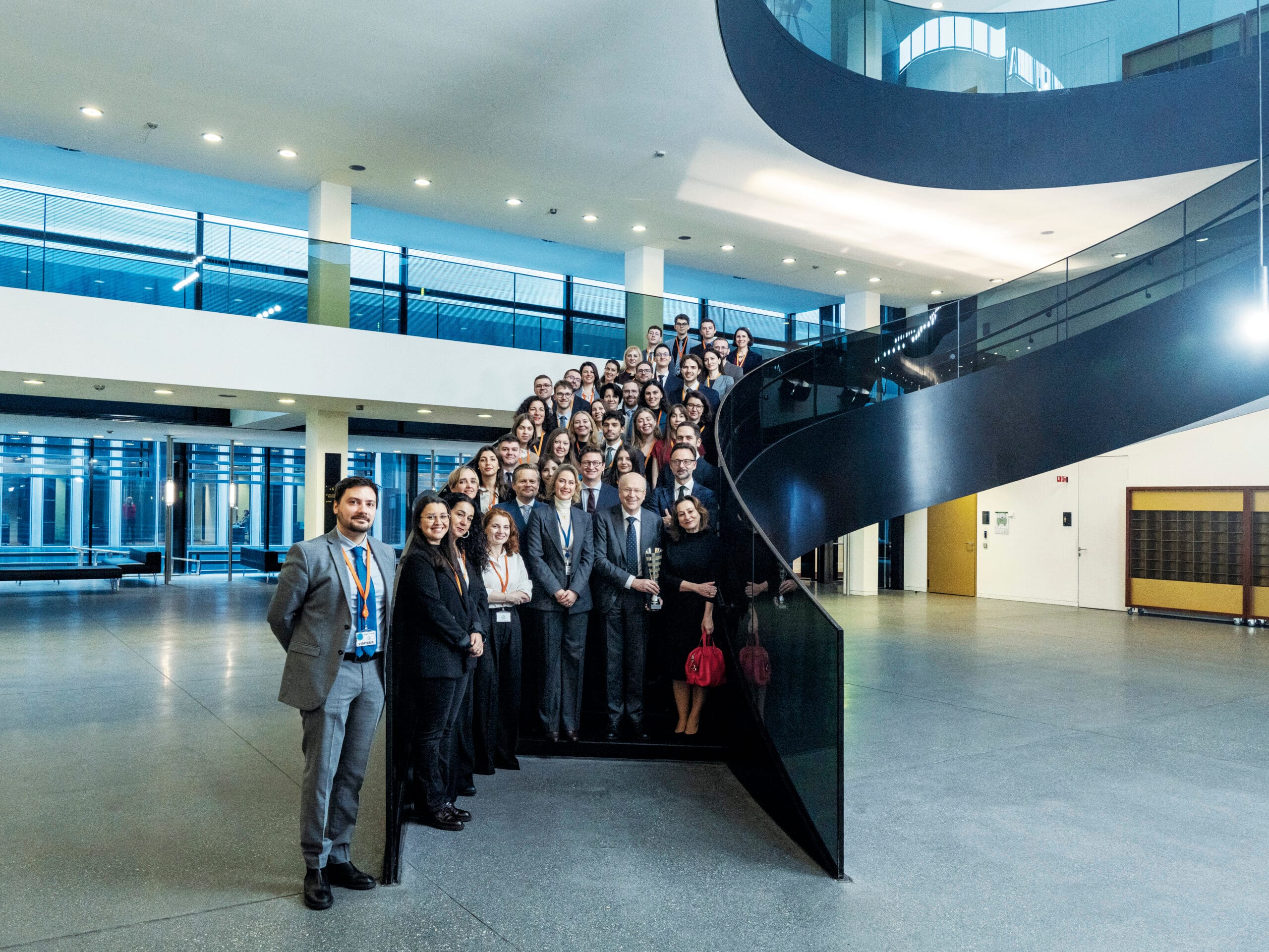The European Judicial Training Network successfully concluded the second instalment of its two-day specialised training for the EJTN Activity Coordinators, held online on 2-3 September. This training was made possible thanks to the expertise and dedication of Eva Krejčová, Marianne Tiigimaa, Maria Fitzgerald and Suzy Houston. EJTN also appreciates the contributions of its expert trainers Denisa Petriláková and Chaz Pugliese, whose insights enriched the learning experience for all participants.
The training was designed to provide an in-depth overview of the critical tasks that the EJTN Activity Coordinators perform in organising judicial training activities. The role of an activity coordinator encompasses the entire process from crafting precise training descriptions to setting clear, measurable learning objectives. Their contributions are pivotal in shaping the future of judicial training at the EU level.
“We are in a new era, in which we have to embrace new digital opportunities to the benefit of efficiency and sustainability of our training offer. This year, we have thus expanded our formats—launching online and blended learning, lunchtime webinars and e-learning modules like the crash course based on the “Judges@Europe” forum in partnership with the Council of Europe’s HELP programme. These innovations allow us to reach more participants and offer more flexible, tailored training experiences,” the EJTN Secretary General Ingrid Derveaux noted in her welcoming speech.
This time, the training was indeed focused on the challenge of converting traditional face-to-face activities into engaging online formats, which has become increasingly vital in the evolving landscape of judicial education. The Activity Coordinators were also guided through the various steps involved in putting together course descriptions and learning objectives for the various EJTN training activities. This includes practical strategies for maintaining participant engagement and increasing active learning, which is one of the key challenges when transitioning from physical to virtual environments. The training highlighted the importance of being flexible and innovative in the use of different formats to ensure that the educational goals are met regardless of the delivery method.
Gender balance was also one of the crucial aspects highlighted during the training. A dedicated session on this topic, together with the related workshops, addressed the importance of integrating gender diversity into judicial training. Participants explored how to design sessions that are inclusive and that reflect the diverse realities within the judicial system. The discussions also underlined the need for the Activity Coordinators to consider the perspective of gender in every aspect of the training, from content creation to participant engagement.
Moreover, EJTN’s Innovation, Digitalisation and Resources Unit presented some new tools, such as the EJTN Intranet and the Activity Coordinators’ Portal, and gathered feedback on these and other upcoming projects.
For more updates on EJTN’s work, follow us on LinkedIn.





